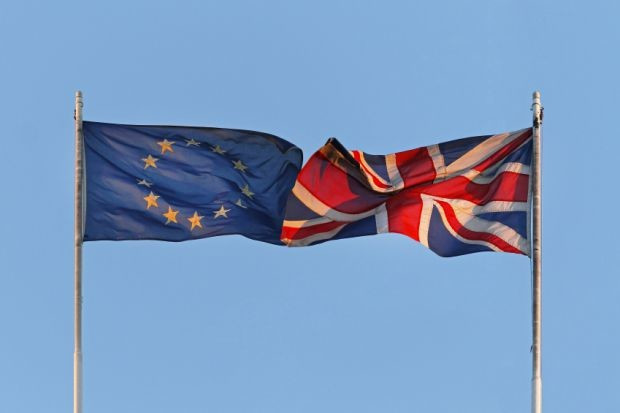Is Britain Heading Back into Europe's Fold? Navigating Brexit Fatigue and the New UK-EU 'Reset' Deal
PM Starmer secures sweeping UK-EU agreement covering trade, security and migration after six months of intense negotiations.

Five years after Brexit, Britain has struck a comprehensive 'reset' agreement with the European Union that dramatically reshapes relations between London and Brussels.
The deal, unveiled following six months of negotiations promised by Prime Minister Sir Keir Starmer since taking office in July 2024, marks the most significant realignment since the United Kingdom's formal departure in 2020.
The agreement spans trade facilitation, border mobility, defence cooperation, migration policies, education exchanges, and digital security—addressing the practical challenges that have plagued UK-EU relations throughout the post-Brexit period.
Starmer's Defining Moment as Brexit Fatigue Peaks
With polling showing most Britons now consider leaving the EU a mistake, Starmer faces a critical test of his leadership. The Prime Minister, who opposed Brexit, has positioned this reset as central to his government's agenda rather than pursuing full EU membership reversal.
Sources close to the negotiations confirm Starmer secured the deal during recent meetings with EU leaders in London, restoring trust that deteriorated under previous Conservative leadership. The agreement comes just weeks after successful arrangements on food checks, fisheries access, and airport e-gates.
Pacific Pivot: Britain Joins CPTPP Trade Bloc
Simultaneously, the UK has quietly joined the Comprehensive and Progressive Agreement for Trans-Pacific Partnership, linking Britain to eleven Asia-Pacific nations through reduced tariffs and digital services regulations. This move affects supply chains for manufacturers from Sunderland's car plants to Sheffield's technology sector.
Sweden's proposal for EU-wide CPTPP membership suggests Brussels recognises strategic value in Britain's Pacific connections—a geopolitical development that could strengthen transcontinental trade relationships.
The Psychology of Brexit Regret
Public sentiment has shifted dramatically since 2016, with new terminology emerging to describe national mood: 'Bregret' and 'Regrexit' capture widespread remorse, while 'Bresignation' reflects acceptance of Britain's European exile despite growing dissatisfaction.
Strategic Implications for UK-EU Relations
The reset addresses immediate friction points while avoiding contentious sovereignty issues that dominated Brexit debates. Trade facilitation measures benefit businesses struggling with post-Brexit bureaucracy, while security cooperation acknowledges shared challenges in migration and digital threats.
Britain's CPTPP membership positions London as a gateway for Southeast Asian exporters—from Filipino electronics to Malaysian palm oil—capitalising on maritime heritage and legal system credibility.
However, some EU members remain cautious about Britain's commitment, with residual resentment from Brexit negotiations still influencing diplomatic relationships.
Looking Forward: Recalibration Rather Than Reversal
Starmer's approach reflects political reality—while Brexit regret grows, appetite for rejoining the EU remains limited. The reset strategy offers practical benefits without reopening constitutional questions that dominated the past decade.
The agreement represents mature diplomacy from both sides, acknowledging that geographic proximity and shared challenges require ongoing cooperation despite political separation. Success will be measured not in grand gestures but in reduced friction for businesses, smoother travel, and effective collaboration on security challenges.
For Britain, it's a careful balance: pivoting globally through Pacific partnerships while maintaining essential European connections—a pragmatic response to Brexit's enduring complexities.
© Copyright IBTimes 2025. All rights reserved.






















